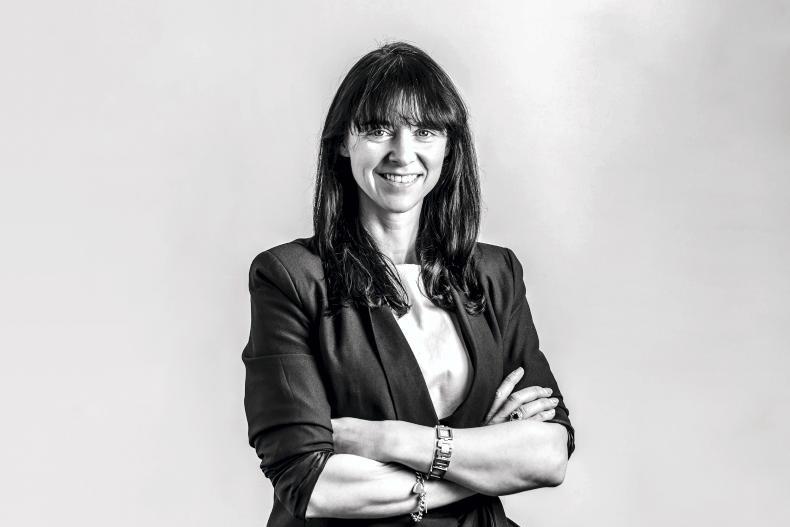Following the release of her song Ironic in 1996, Alanis Morrissette received considerable criticism as most of the examples of irony in the lyrics were in fact not ironic at all. According to the Oxford English Dictionary, irony is “a state of affairs or an event that seems deliberately contrary to what was or might be expected; an outcome cruelly, humorously, or strangely at odds with assumptions or expectations”. Suffice to say, lyrics such as It’s a free ride when you’ve already paid or A traffic jam when you’re already late are not ironic, they are simply unfortunate coincidences.
While I am reticent to fall on the same sword as that Canadian songstress, I am willing to chance my take on some of the ironic situations that have caused me to raise an eyebrow in recent weeks.
The irony of a means to an end
Last Sunday, I went into Dublin’s Merrion Square to support the Irish Farmers’ Association (IFA) protest. Although scaled back due to COVID-19 concerns, Twitter was keen to point out the obvious big tractor/diesel/climate change conundrum of a tractorcade.
Should the larger protest have gone ahead, it would most likely have attracted negative (COVID-19) commentary
Perhaps this is more a contradiction than ironic. It appears, however, that farmers can do no right when trying to highlight their plight. Should the larger protest have gone ahead, it would most likely have attracted negative (COVID-19) commentary. Meanwhile, there were 52,000 people in the Aviva Stadium.
While rounding the bend at the top of Pearse St, each passing farmer was confronted with a large GoVeganWorld poster, pointing out agriculture’s contribution to greenhouse gases. The irony here is how the welfare lobby, who could not achieve traction heretofore – due to our very high animal welfare standards – have changed tack now by latching onto people’s fears on climate change. Close by, there was another billboard which advertised a fast food outlet that has added a third patty to its burgers. Even in our world plagued with malnutrition, not a word is said.
If we buy something – food, clothes or electrical goods – this is still a waste, even if it is cheap, if we do not need it and thus this overcontributes to climate chang
Meanwhile AIB has forecast that we will spend over €25,000/minute on Black Friday this year (see Consumer Watch P20). If we buy something – food, clothes or electrical goods – this is still a waste, even if it is cheap, if we do not need it and thus this overcontributes to climate change.
The irony of inadvertent consequences
I started with IFA irony so I will finish there. Another year has passed without the organisation addressing its diversity issues. Five of the eight female county chairs – some of whom are also the younger people on the organisation’s governing body – will finish their terms in January. It seems ironic that recent activity in marts and in Dublin last Sunday has, perhaps subconsciously on behalf of some within the organisation, literally handed the microphone to young farmers.
What are we saving the planet for if not for the young people who will be impacted?
The media coverage from the Dublin protest zoned in on these young and future farmers. It is their survival that will resonate with consumers.
What are we saving the planet for if not for the young people who will be impacted? It remains to be seen if the IFA leadership will recognise just how important diversity of farmers is to delivering agriculture’s story. Or will they ironically continue to mute the voice of their survival?






 This is a subscriber-only article
This is a subscriber-only article










SHARING OPTIONS: